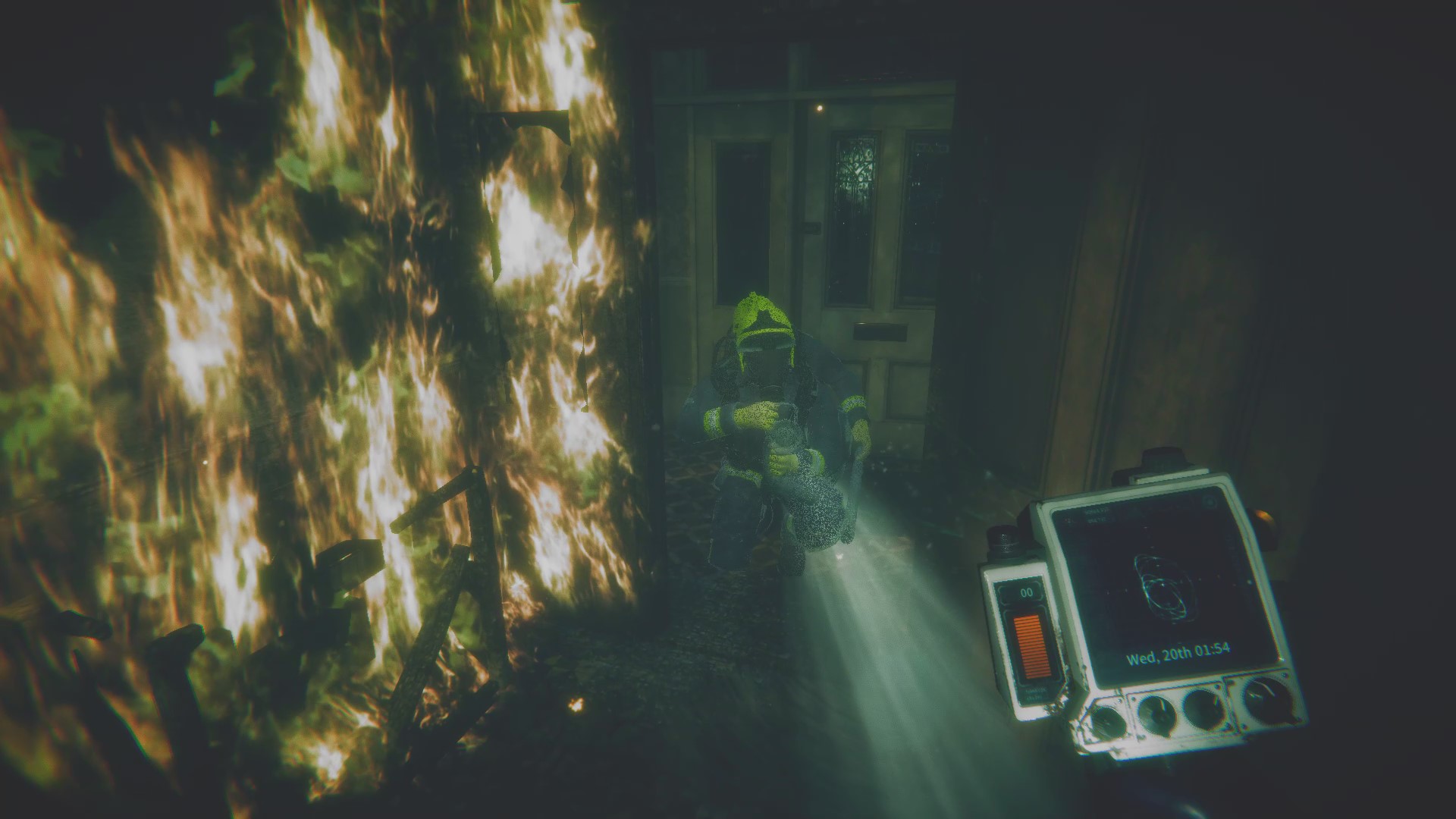Our Verdict
A promising mystery concept that doesn't quite give players a truly mind-melting temporal puzzle.
PC Gamer's got your back
What is it? A time-traveling detective game in a burnt-down apartment building.
Expect to pay: $30/£25
Developer: Cosmonaut Studios
Publisher: Secret Mode
Reviewed on: Windows 10, Nvidia GeForce RTX 2070 Super , Intel Core i7-9700 @ 3.00GHz, 16GB RAM
Multiplayer? No
Link: Official site
Time travelers should be able to stop a house fire with ease. All you have to do is fix the faulty electrical wiring, or stamp out an errant cigarette butt, right? This is the situation you face in Eternal Threads, but in this timeline, the blaze's casualties must be prevented with the power of kindness alone.
You're presented with a series of events that take place over the course of a week and imperceptibly add up to the tragic fire. Thankfully, you're gifted with technology that can slyly edit some of the decisions made between the residents, ideally brewing up a butterfly effect that will get them out alive. Eternal Threads is a showcase of second chances, an invitation to reflect on the times in our lives when we didn't let cooler heads prevail.
There is a sci-fi veneer that explains the time manipulation. You're cast as some sort of chrononaut in a dingy future, where time-travel has littered the fourth dimension with all sorts of reality-eroding radiation. It's all left pretty vague, and Eternal Threads quickly escorts you to a Northern England house in the much-more-relatable year of 2015, where a landlord and a handful of troubled college kids spend the prime of their 20s.
From there, Eternal Threads takes the form of a subdued, 3D stage play starring ghostly actors. You queue up one of the scenes dotting the timeline—a midnight game of pool, or a smoke break on the patio—and key into the nuances of this particular group dynamic. Occasionally, your temporal device will chime in and ask if you want to swap in an alternative climax in the action. Maybe, instead of texting his ex in a drunken stupor, Tom thinks better of it and heads to bed. Weave enough of these fragments together, in the correct order, and eventually everyone survives the fire.
A room might look completely different after adjusting a resident's decision-making.
A game like this lives and dies by its characters and the core mystery of the drama, and while the residents of this house are not exactly Beckettian monoliths, I did find myself rooting for them. Without spoiling anything, the solutions in Eternal Threads are generally found by forcing the cast to confront their own inner traumas; Neil has a nasty temper rooted in a tender sorrow, Raquel needs to stop blaming herself for something that is not her fault, and so on. The plot is conveniently structured so that when each of these characters achieves their own self-actualization, they're miraculously able to escape the building when the flames break out. (If only real life rewarded emotional wellbeing with an inexplicable ability to evade physical catastrophe.)
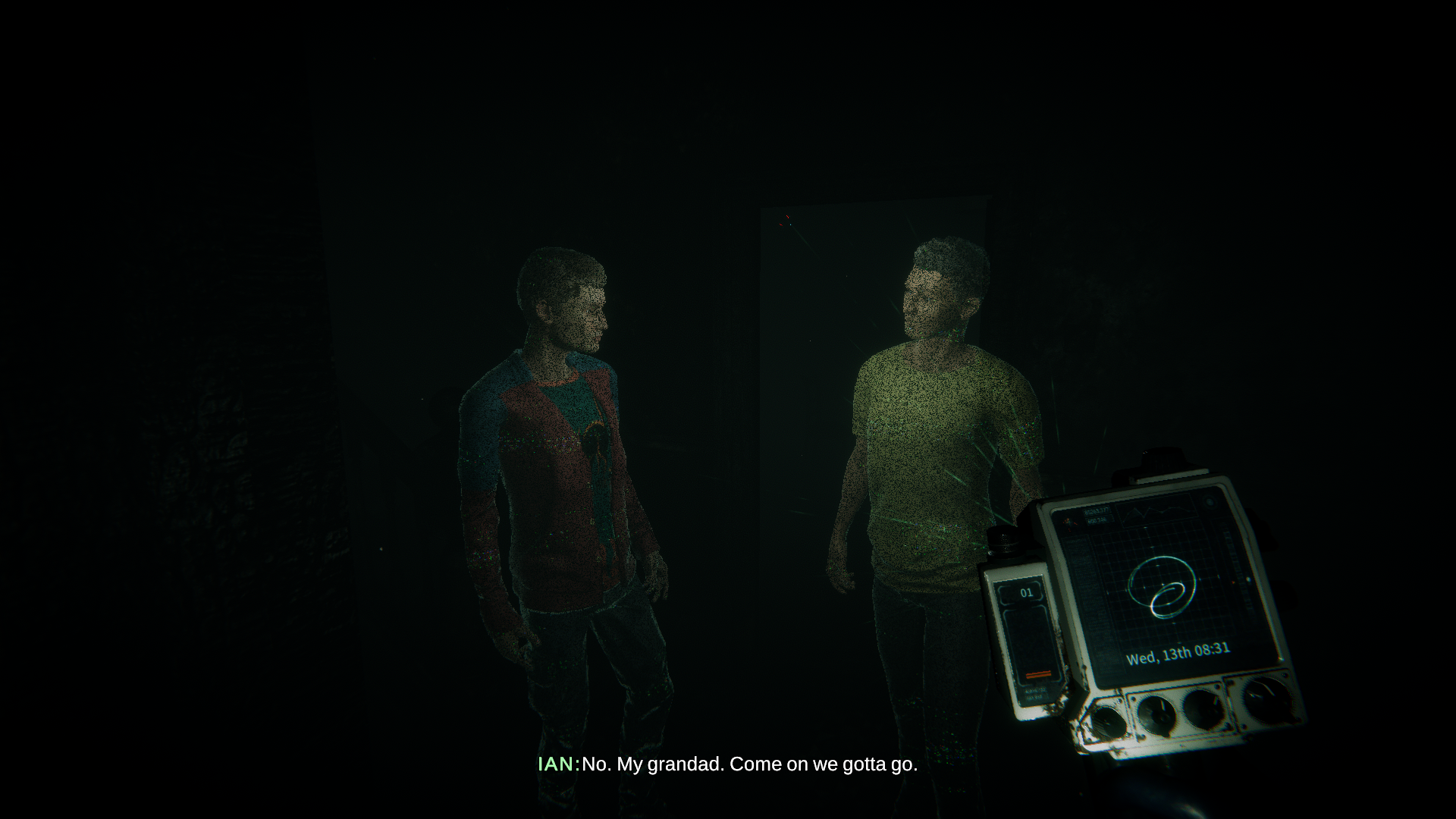
Eternal Threads bakes in a few points of intrigue along the way—seriously, what's up with that door in the basement?—but there are no macabre curveballs buried in the code. Do not expect to uncover an arsonist in our midst.
You will do a bit of detective work, though. When you explore the apartments, you'll be prompted to pick up notes, postcards, and smartphones—all of which contain important contextual information—which fill out the riddle. (It reminded me a bit of Gone Home.) Developer Cosmonaut Studios uses this mechanic as a canvas for some neat, brain-tickling time-travel tricks. A room might look completely different after adjusting a resident's decision-making, and that's usually a sign you're on the right track. These tricks are necessary to mitigate Eternal Threads' glum, prehistoric graphical quality. The NPC models have a distinct Second Life tang to them, and that can be difficult to overcome when you're asked to buy their bone-deep suffering. That said, the voice cast generally does a good job.
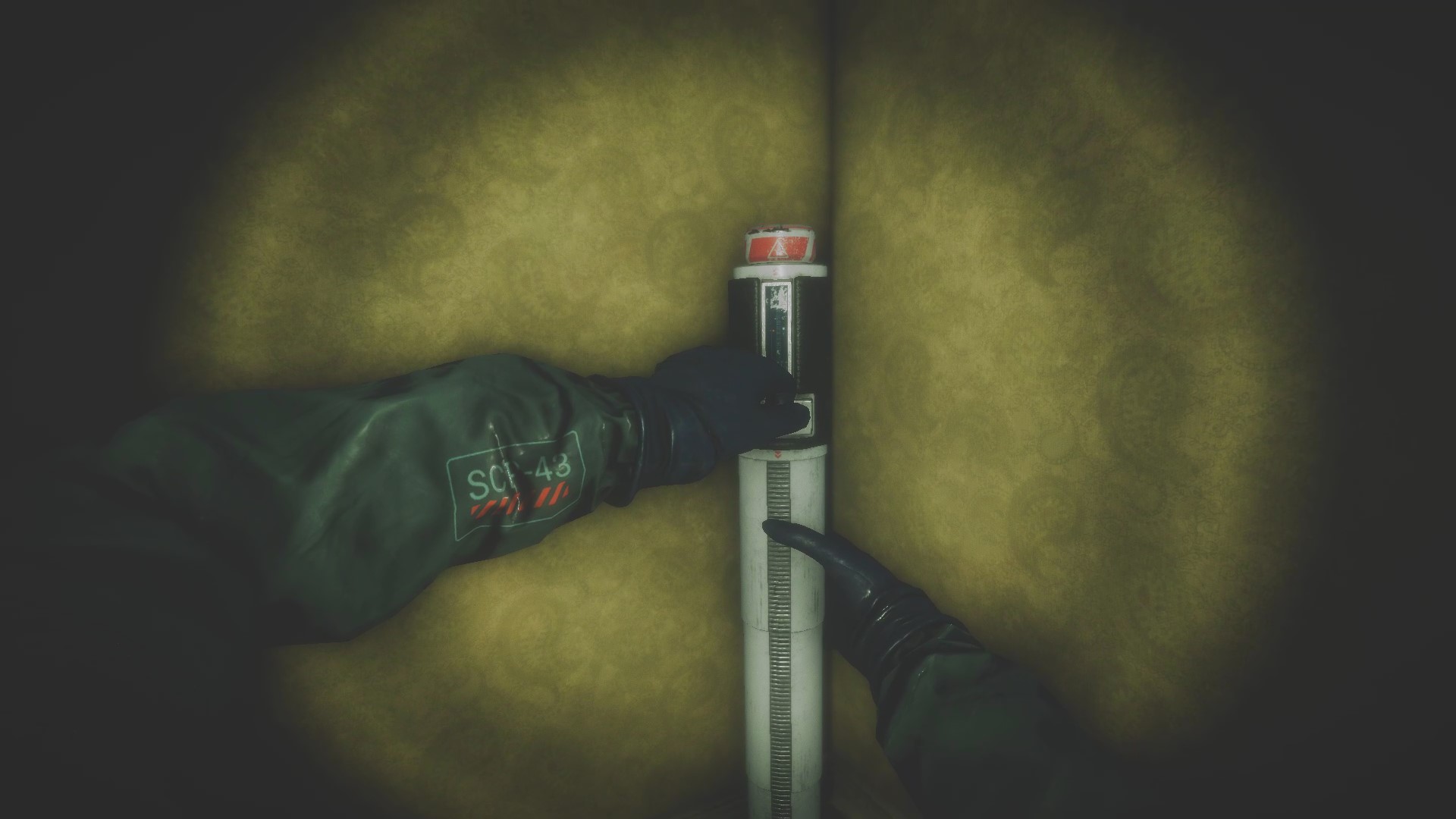
What the studio has now is a compelling set of character studies, but it held my hand too much.
But Eternal Threads doesn't offer much straight-up, gumshoe-style sleuthing. The True Ending, which I achieved, came into focus pretty naturally by simply watching all the scenes, and editing the junction points that looked unsatisfying. The door I referred to earlier? You find the key to it after one of the characters just… announces where it is. There is only one kind of decision, and that is the decision to watch and react to cutscenes. If you are after a Obra-Dinn sized experience, where you must comb over every one of the stills with bloodshot eyes, drawing abstruse conclusions about the dusky shipmen, then Eternal Threads will not satisfy your craving. Cosmonaut wants to tell a story first and foremost. The gameplay is secondary.
That lack of satisfaction permeates the finale, which left off on a wild cliffhanger that, I suppose, will be cleared up in a potential sequel. It hinted at a much grander sci-fi conspiracy that could not be contained in a dormitory, and I got the sense that Cosmonaut was kicking the can down the road, happy to delay the specifics of their worldbuilding for a distant chapter.
I hope it gets another bite at the apple. Eternal Threads consists of about 10 rooms, with six primary characters, and it's easy to imagine Cosmonaut expanding on that compact format, further exploring crisscrossing vectors in temporal fiction with a sequel that makes me feel cleverer than Eternal Threads did. What the studio has now is a compelling set of character studies, but it held my hand too much. Let me make my own blunders, because making mistakes is what time travel is all about.
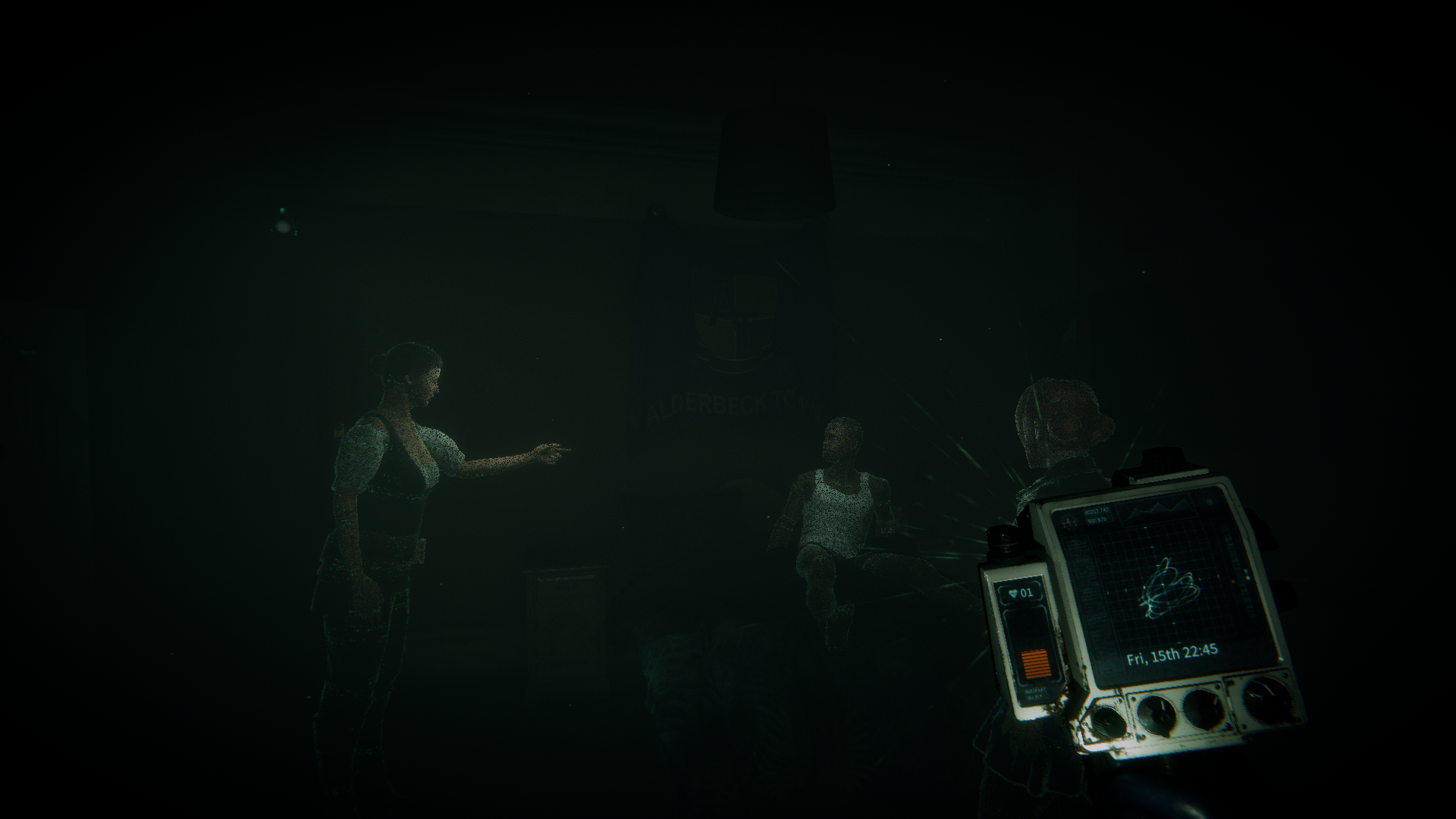
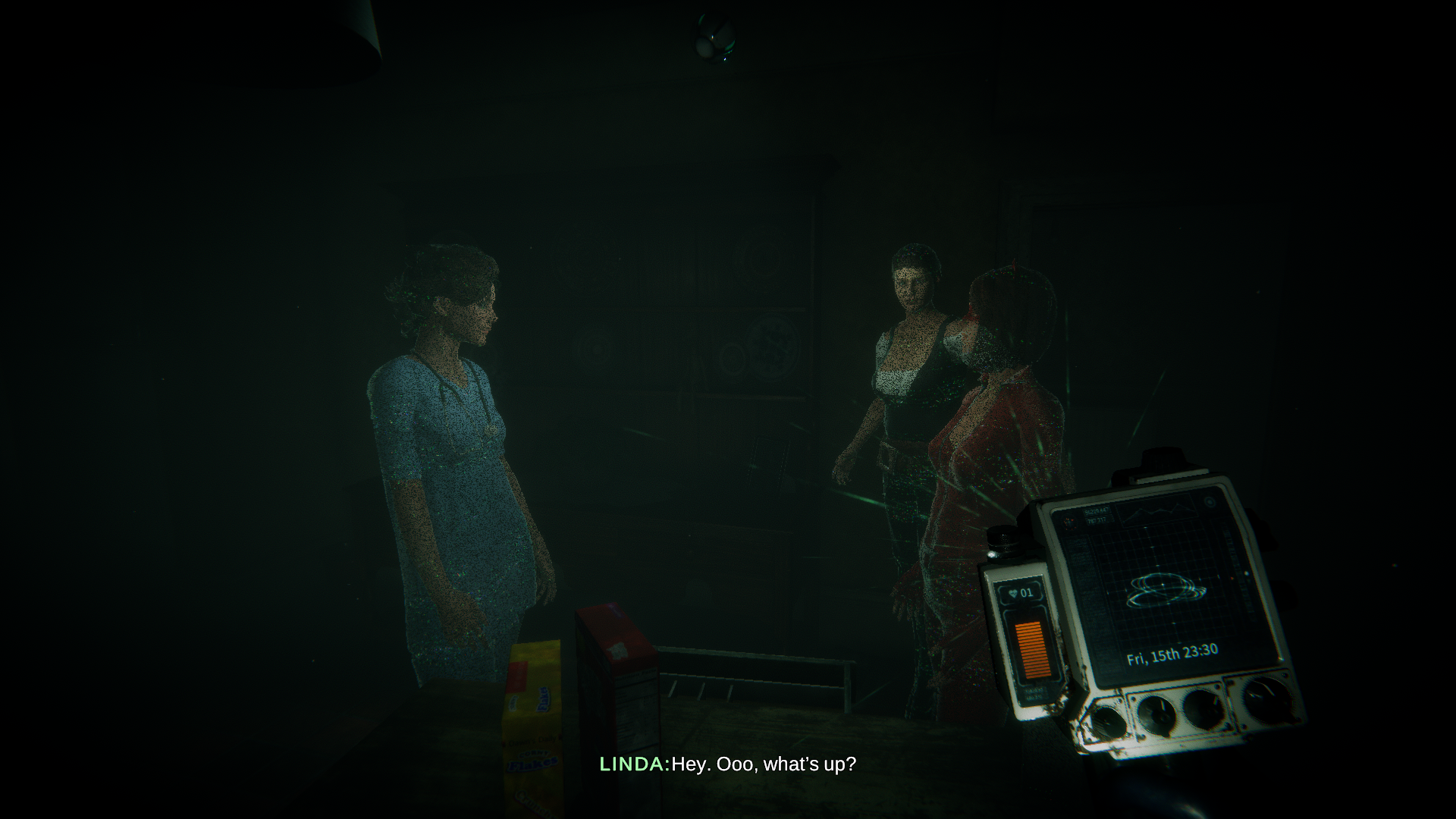
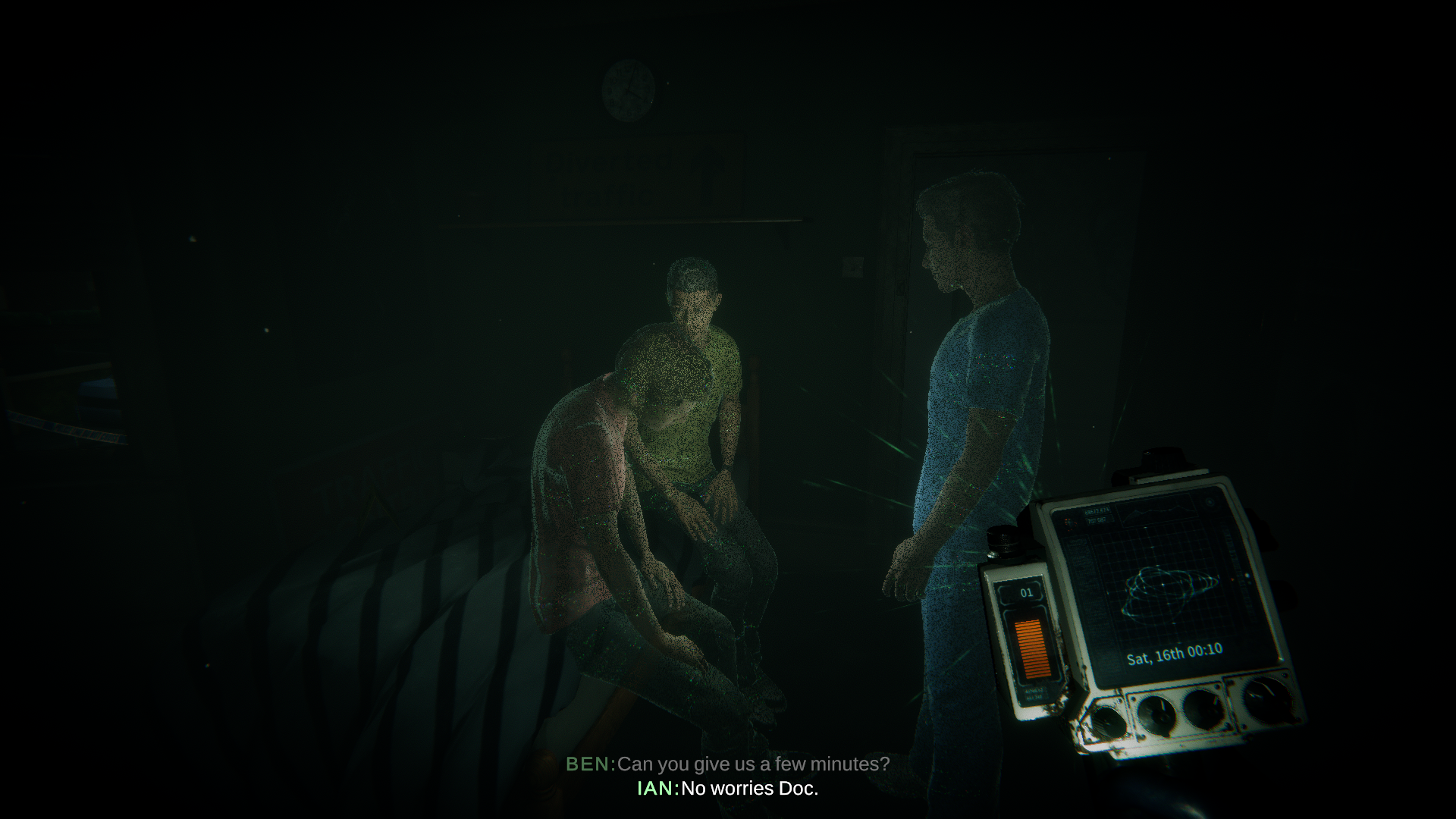

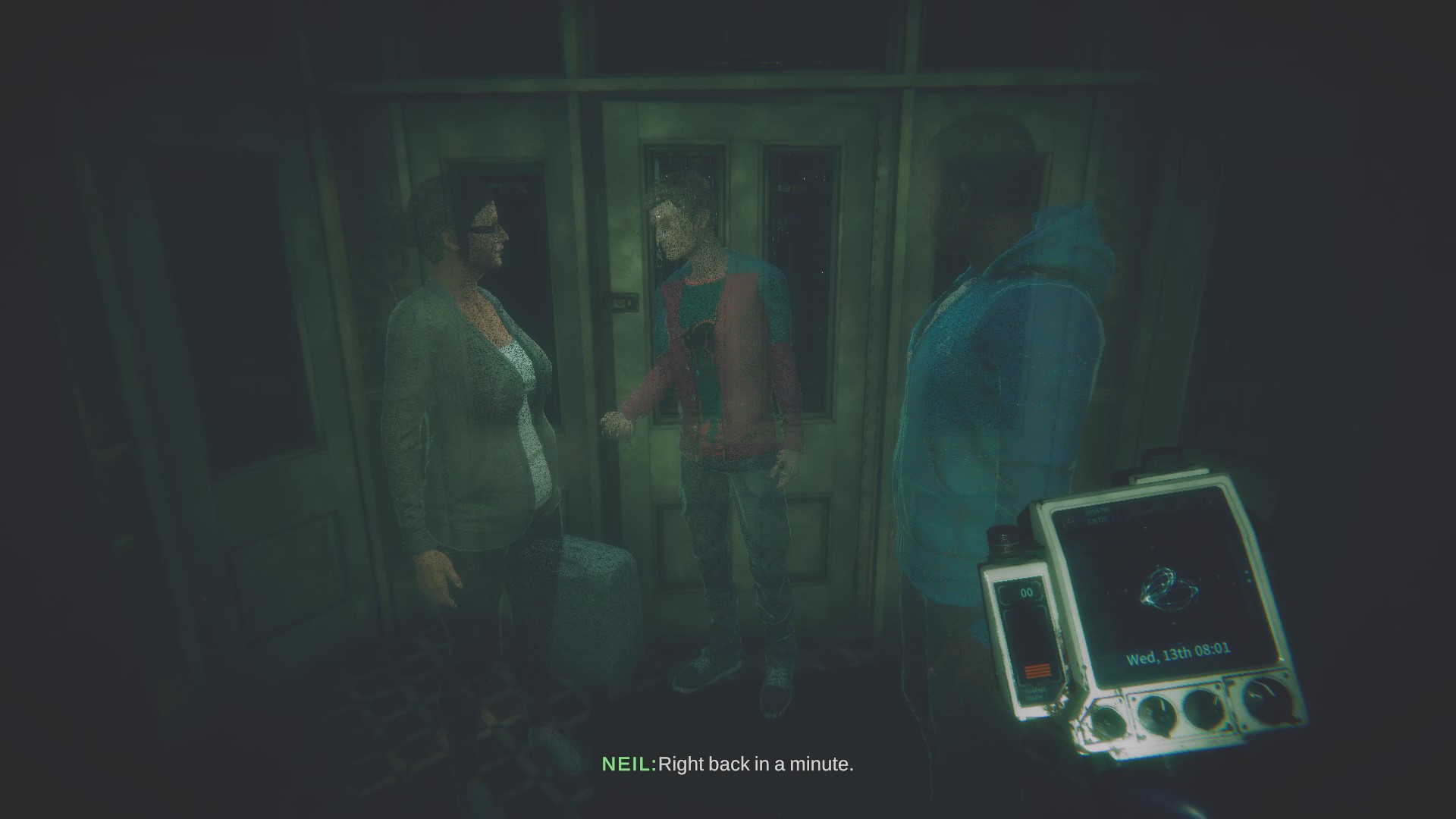
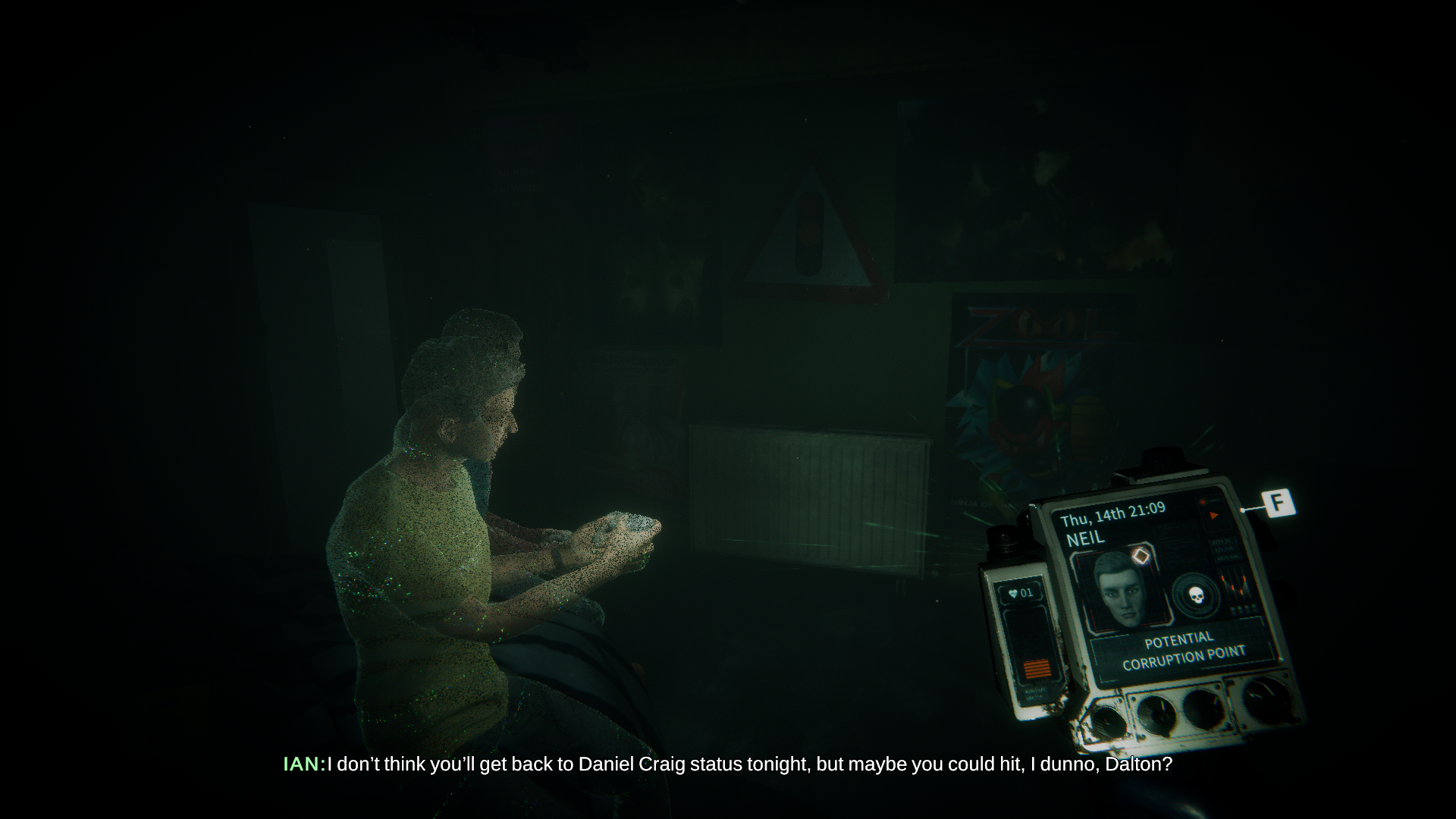
A promising mystery concept that doesn't quite give players a truly mind-melting temporal puzzle.

Luke Winkie is a freelance journalist and contributor to many publications, including PC Gamer, The New York Times, Gawker, Slate, and Mel Magazine. In between bouts of writing about Hearthstone, World of Warcraft and Twitch culture here on PC Gamer, Luke also publishes the newsletter On Posting. As a self-described "chronic poster," Luke has "spent hours deep-scrolling through surreptitious Likes tabs to uncover the root of intra-publication beef and broken down quote-tweet animosity like it’s Super Bowl tape." When he graduated from journalism school, he had no idea how bad it was going to get.
